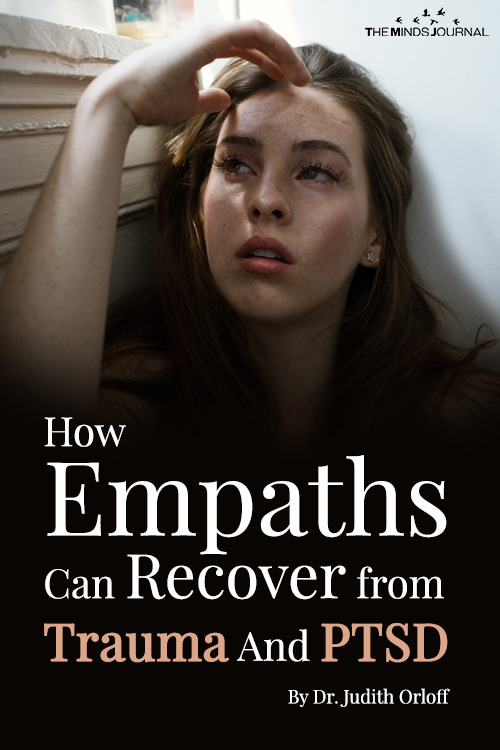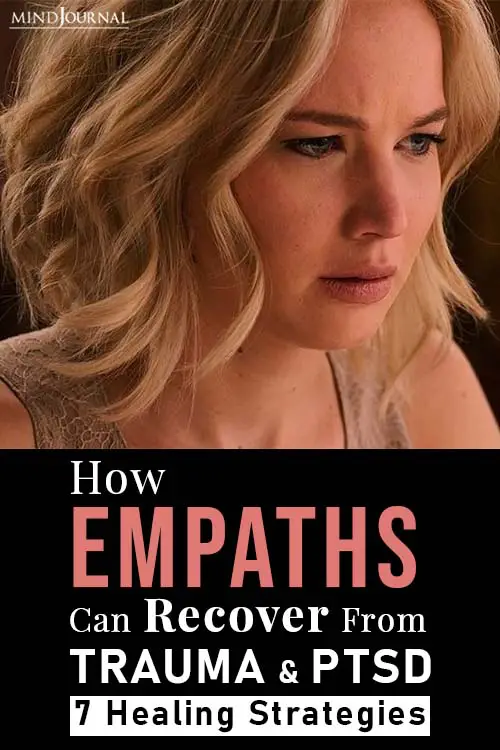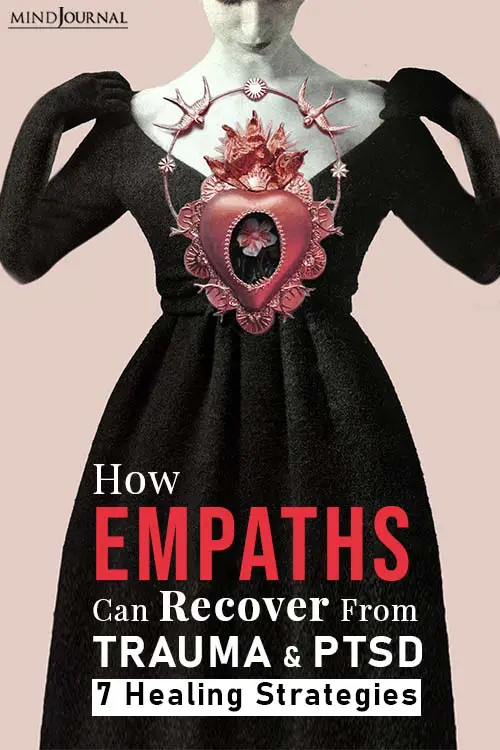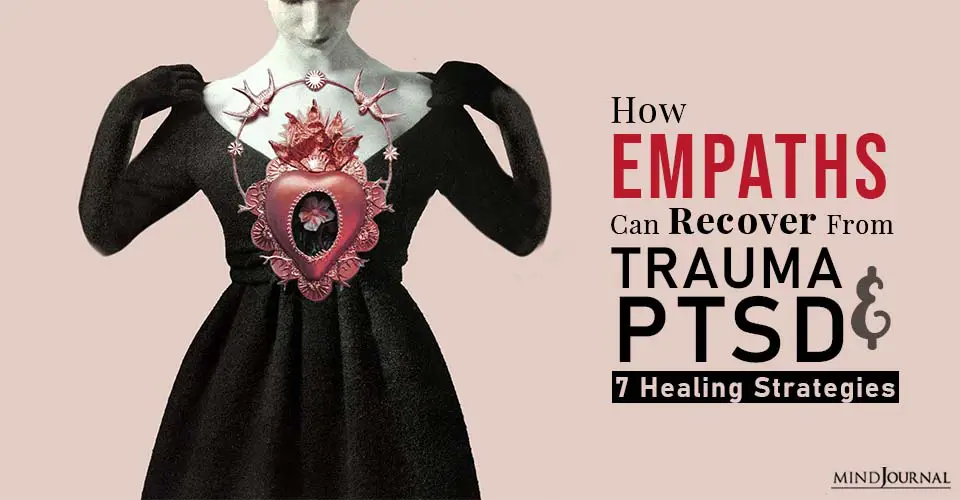Empaths and sensitive people often experience some level of post-traumatic stress. This is, in part, because they’re on sensory overload for so many years their systems are flooded with adrenaline.
Other reasons include early neglect, abuse, or simply that they didn’t feel “seen” or have their sensitivities supported in their families. I’ve written about this topic in my new book Thriving as an Empath”.
Early trauma can come in many forms. Possible sources include:
- Hearing your parents or siblings frequently argue
- Being repeatedly yelled at
- Physical and/or emotional abuse
- Being shamed or blamed for being “overly sensitive.”
- Being bullied
Even experiencing intense ongoing household noise and chaos can feel traumatic. An empathic child’s highly sensitive system can absorb more stress than others would in these situations.
Your past can still affect you now. When you are exposed to a similar stimulus as an adult such as a disagreement with your partner, you may have an exaggerated emotional response because you are flashing back to the original trauma. (This is similar to a veteran who misreads a car backfiring as an exploding bomb.)
With post-traumatic stress, your system can’t fully return to its calmer state before the upset or even the initial incident. You are never quite at rest and remain aware of protecting yourself from further threats.
Read CV 17: Press This Button On Your Body To Relieve Stress And Anxiety
Empaths are at risk for becoming hypervigilant which is draining for empaths. You may keep scanning your environment to make sure you are safe from being drained or entering a state of hyperarousal.
If you were exposed to early trauma or abuse as an empathic child, including not feeling “seen” by your parents, you may have become exquisitely attuned to your environment to ward off threat. When your young nervous system develops without healing, you can become hypervigilant.
Empaths are often mistaken for being aloof or snobbish, but others don’t realize that the distance you seem to keep is because you’re focused on protecting yourself and ensuring that the ground is solid.
The Buddhists say, there is always a groundless ground there to support you. Even when you are inundated with excessive stimulation, the groundless ground is always there.
7 Healing Strategies for Empaths
1. Journal about your early traumas.
Then you can be aware of them. (none are “too small” to count.” This is the first step to freeing yourself from the past.
2. Retrieve your inner child.
In a quiet moment, think back to when the early trauma occurred. How old were you? Where did it take place?
Then picture yourself returning to the house or other location where it happened and retrieving your wounded inner child who has been stuck there.
Tell the child “I am sorry you were hurt and I will never allow that to happen to you again.” Then take the child home with you to care for with love.
3. Emotional Release.
As you heal, many emotions will surface: anger, fear, depression, self-doubt. Let yourself feel and express these emotions—a supportive therapist can create a safe environment for you to do this.
Read 5 Ways Mandalas Can Help Reduce Stress and Anxiety
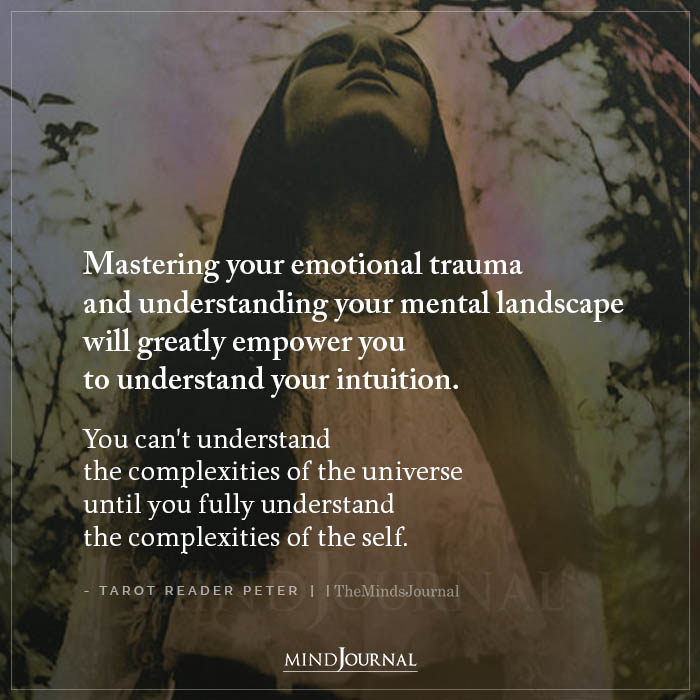
4. Set Clear Boundaries.
Learn to stick up for yourself. Don’t be a doormat.
If someone isn’t treating you well, say in a firm, neutral tone, “Let’s discuss this when you’re calmer or “It hurts my feelings when you say, I’d appreciate it if you stop.”
Also remember that “No” is a complete sentence. Sensitive people are often afraid to disappoint others but it’s essential to get in the habit of saying “no” when something doesn’t feel right.
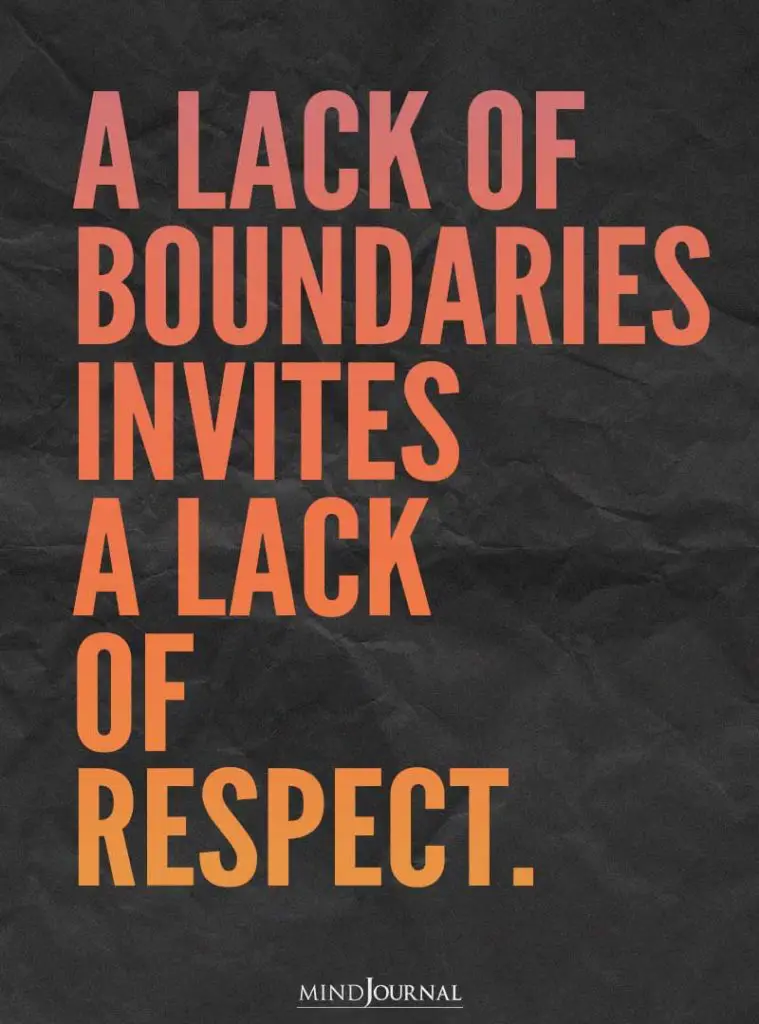
Read 20+ Best Meditation Music For Relief From Stress and Anxiety
5. Conscious Breathing.
When your old traumas are being triggers take a few slow deep breaths to calm your system before your respond.
6. Meditate.
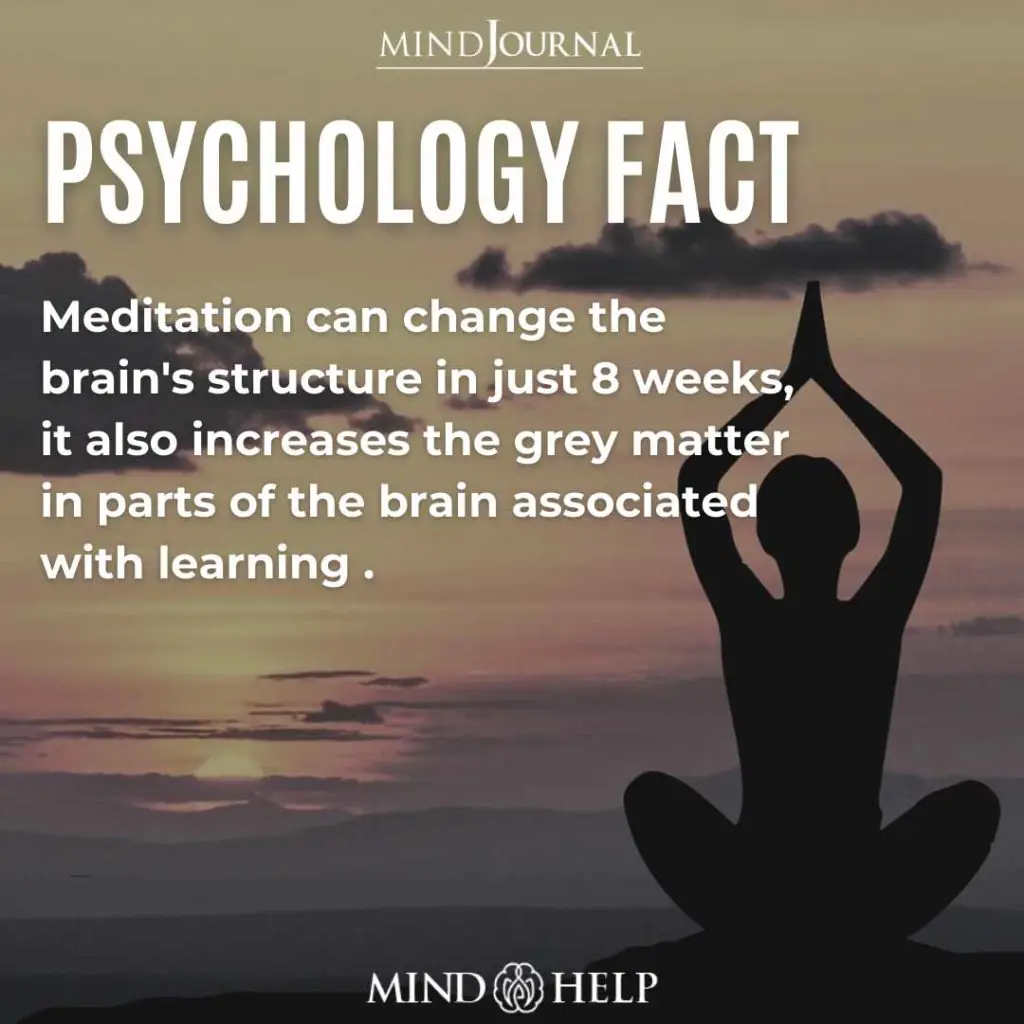
Regular meditation calms the mind, body, and soul. It decreases sensory overload and keeps your system in a peaceful state.
7. Practice Self-Compassion.
Shower yourself with love and kindness as you go through the healing process. You are a caring person who deserves to be loved.
It is often helpful to consult a therapist to work through the original trauma. Useful techniques for clearing trauma include EMDR, the Emotional Freedom tapping technique (EFT), and somatic awareness.
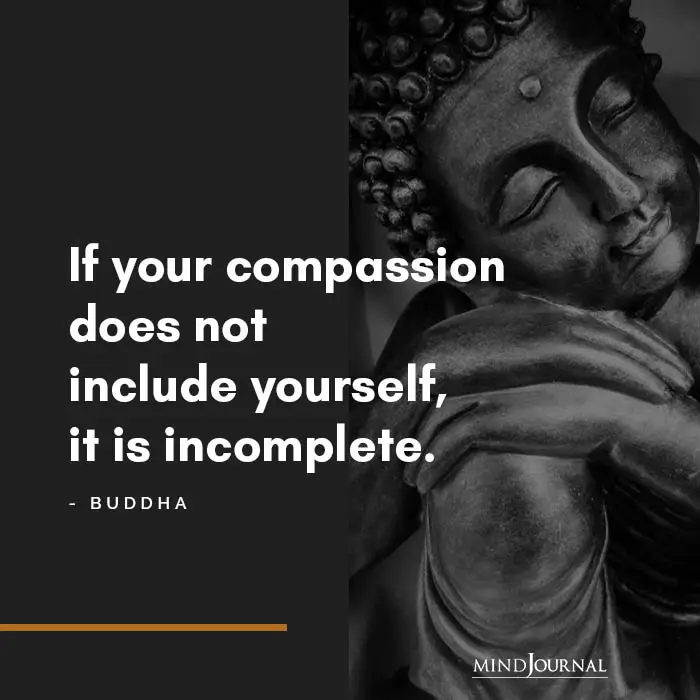
Since trauma often lodges in the body it’s also useful to get regular massage or energy work to clear any remnants that are hanging on.
Give yourself time to heal. Be patient and loving with yourself. Mourn the losses you experience. Allow yourself to experience your feelings and memories without any judgement. Healing is an exercise in loving yourself.
The great news is that past trauma can be healed. In that process, you will become more at ease with your empathic abilities and learn to protect your sensitivities using the strategies I suggested. As a result, you’ll be able to relax more. The world will feel like a safer place to inhabit.
S E T Y O U R I N T E N T I O N
I will identify my early traumas. I will notice how my reactions to them may be repeating in my relationships today. I am capable of healing from these wounds.
(Adapted from the book Thriving as an Empath: 365 Days of Self-Care for Sensitive People” and book The Empath’s Empowerment Journal” by Judith Orloff, MD)
